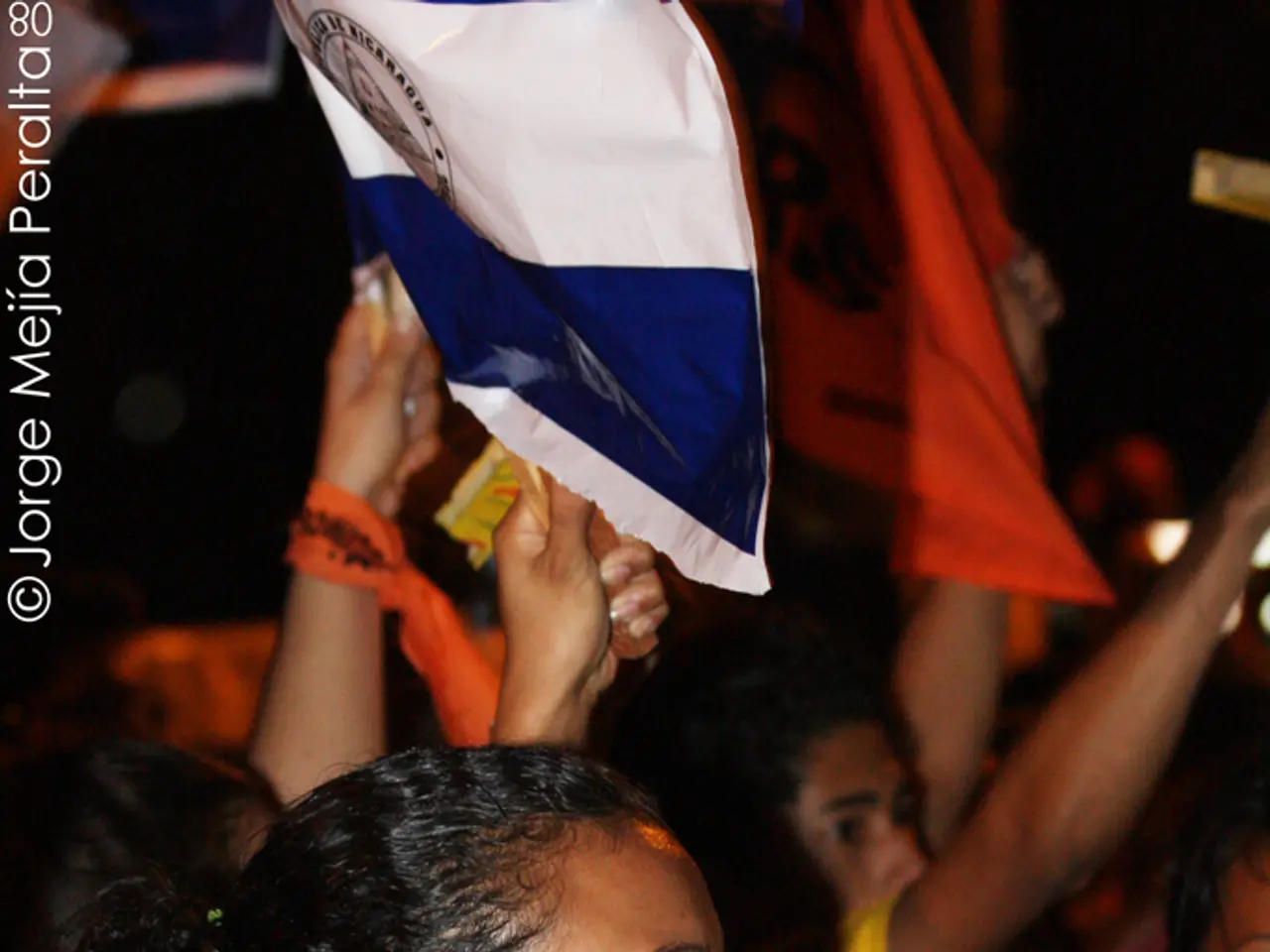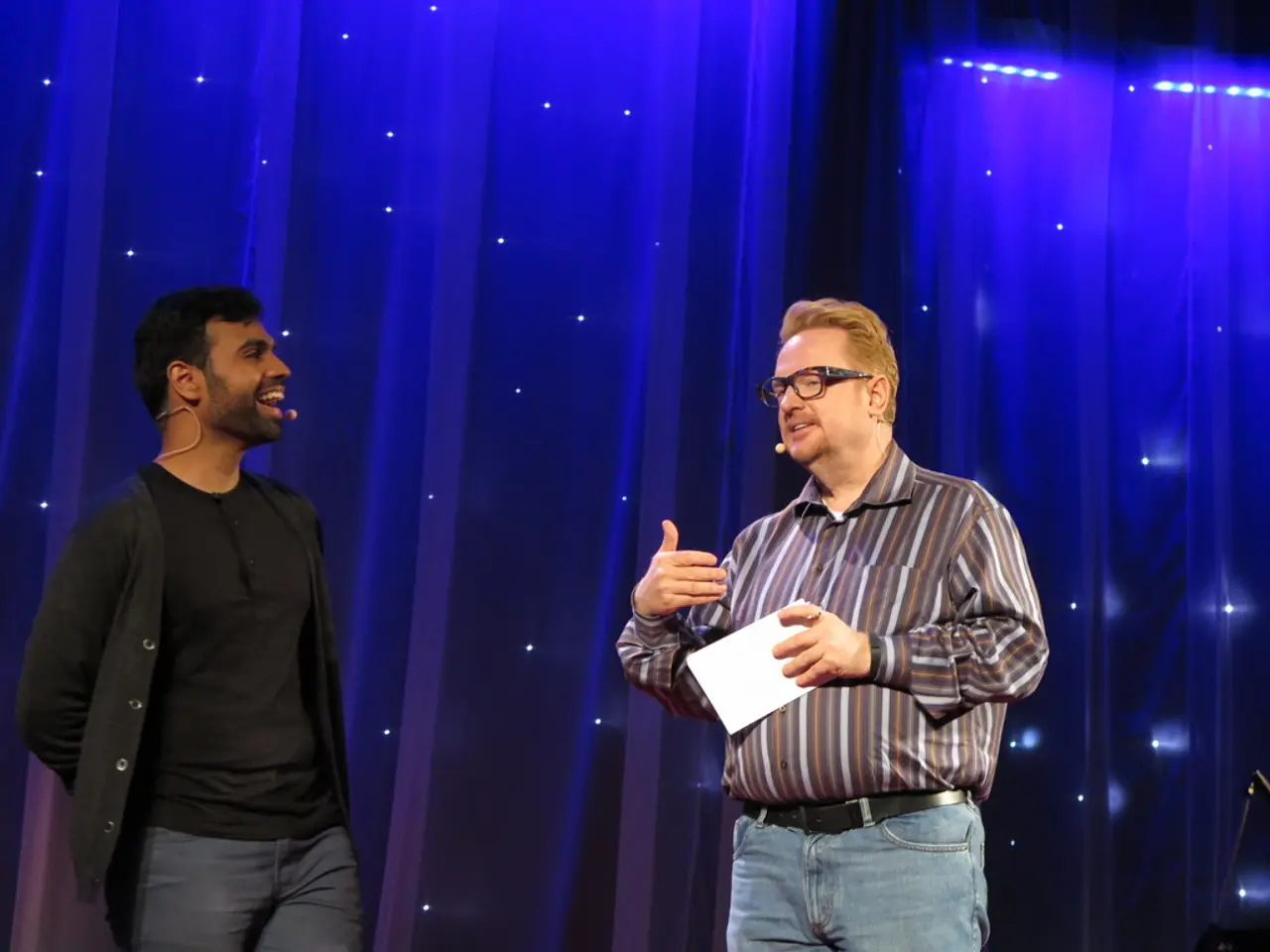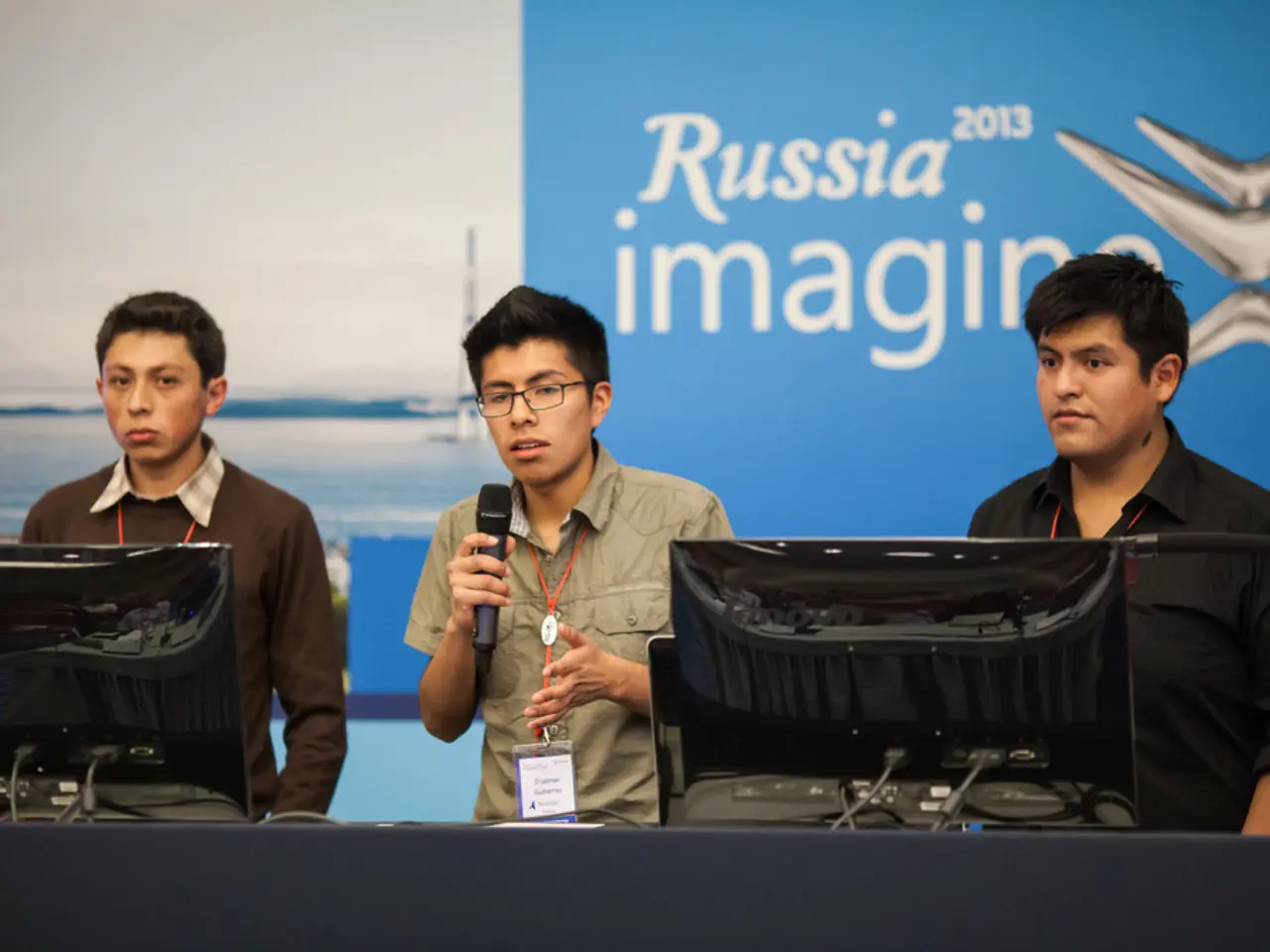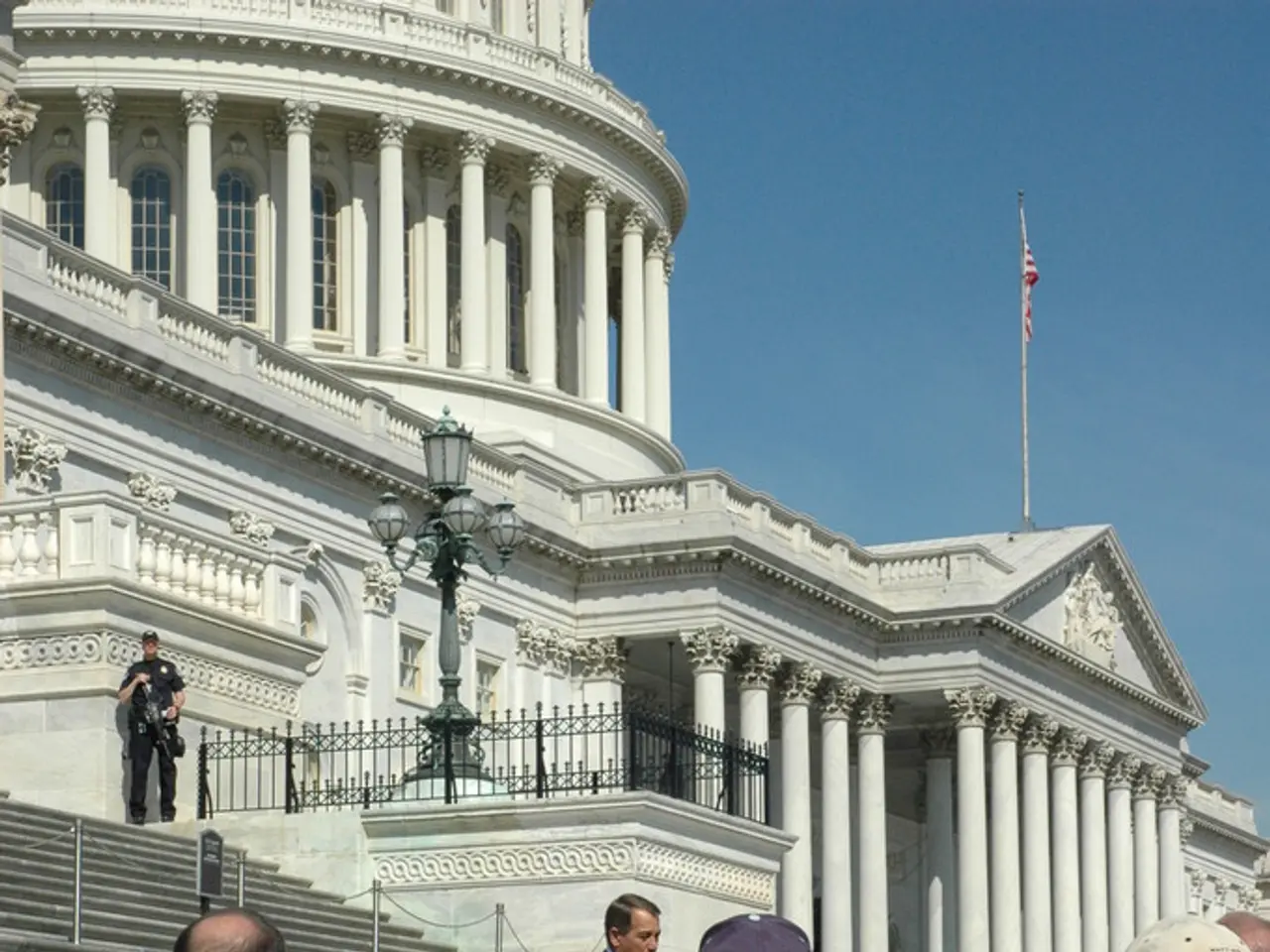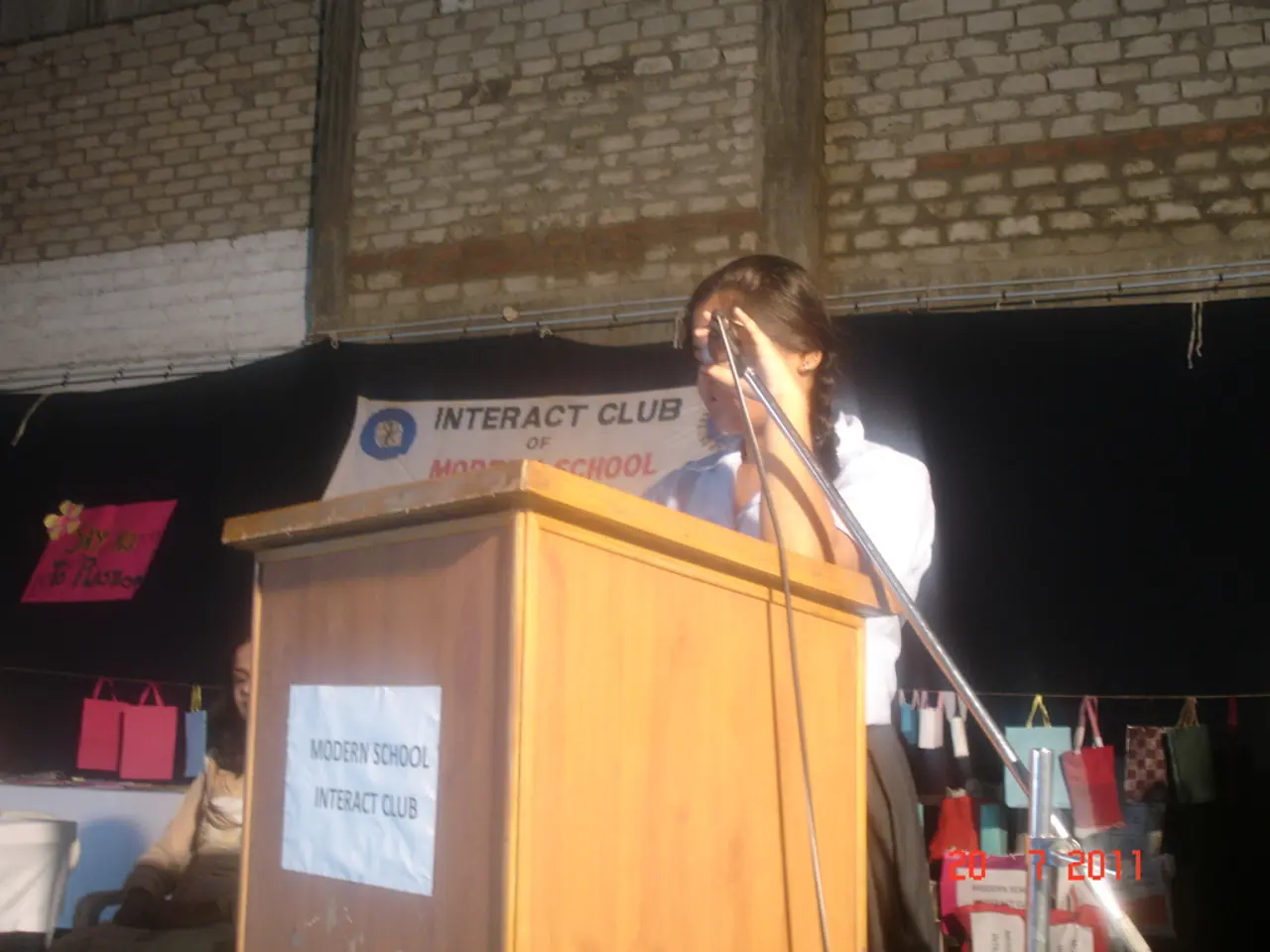Celebrity restrictions: 'Digitine' and the #BlockOut2024 campaign
In recent times, a new trend has emerged on social media platforms, known as the "Digitine" movement. Although the exact origin and definition of this movement are not widely documented, it appears to be a growing movement that emphasizes the importance of digital presence, generational shifts, and authenticity in influencer culture.
The "Digitine" movement is characterised by people blocking politically silent TikTok influencers, such as Chris Olsen, Hank Green, and Lizzo, using hashtags like #Blockout2024, #blocklist2024, and #cancelcelebrities. This action disrupts the ad revenue of celebrities and puts pressure on them to engage with the issues affecting their followers.
The movement represents a general dissatisfaction with influencer culture, as many people believe that celebrities should care about the same issues as their followers if they present themselves as one of us on their platforms. If celebrities do not use their platforms to campaign for the issues affecting their followers, said followers do not owe them allegiance or income.
The tide may just be turning in terms of public opinion towards influencer culture, as people are becoming more aware that follower count and engagement equals money in the financial influencer system. This awareness has led to a growing cynicism among the public, with many believing that influencers only start speaking up due to the threat of losing followers.
Brands partnering with celebrities on #blockout2024 lists may need to be careful or reconsider those partnerships to avoid negative backlash and potential boycotts. The movement could influence how brands select partners based on digital engagement metrics or cultural relevance in online spaces, potentially leading to a shift towards younger or digitally native influencers over older celebrities.
The rise of TikTok, a less polished platform compared to Instagram, shows the shift towards authenticity on social media. The escapism of celebrity culture can be a positive distraction for some people from the negative state of the world, but the "Digitine" movement is challenging this by demanding more accountability from influencers and celebrities.
The movement is creating its own divides, between those who believe blocking is the best punishment for inaction, and those who believe celebrities don't owe the public political engagement. It remains to be seen what the lasting effect of this movement will be on influencer culture and brand partnerships.
One example of the impact of the "Digitine" movement can be seen in the 2024 Met Gala, where celebrities and influencers faced a backlash for attending while regular people staged anti-war protests and expressed outrage on social media. In the last week, previously politically silent influencers have begun participating in humanitarian fundraising projects, showing a potential shift in behaviour as a result of the movement.
Authenticity is important to people on social media, with trends like #nomakeupselfie, deinfluencing, and influencers opening up about their profession's loneliness. The "Digitine" movement is a reflection of this desire for authenticity and accountability, and it is likely to continue shaping the influencer landscape in the future.
- The "Digitine" movement encourages followers to pressure celebrities and influencers on social media by using hashtags like #Blockout2024 to disrupt their ad revenue, demanding them to engage with the issues affecting their followers more actively.
- The growing cynicism among the public towards influencer culture may lead to a shift in brand partnerships, as brands may consider partnering with younger or digitally native influencers who are perceived as more culturally relevant and authentic in online spaces.
- Authenticity is a significant factor in social media culture, with trends like #nomakeupselfie, deinfluencing, and influencers opening up about their profession's loneliness, aligning with the "Digitine" movement's emphasis on authenticity and accountability in influencer culture.
- The 2024 Met Gala witnessed a backlash against celebrities and influencers who attended while regular people staged anti-war protests and expressed outrage on social media, highlighting the influence of the "Digitine" movement on shaping public opinion towards influencer culture.
